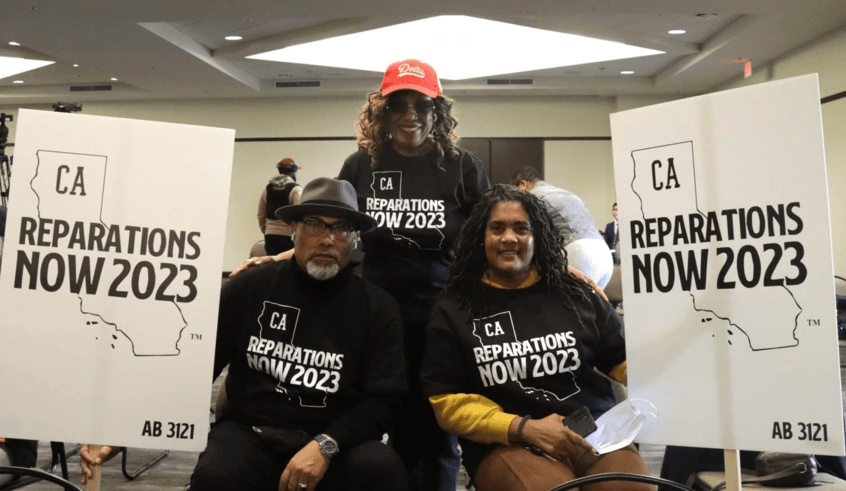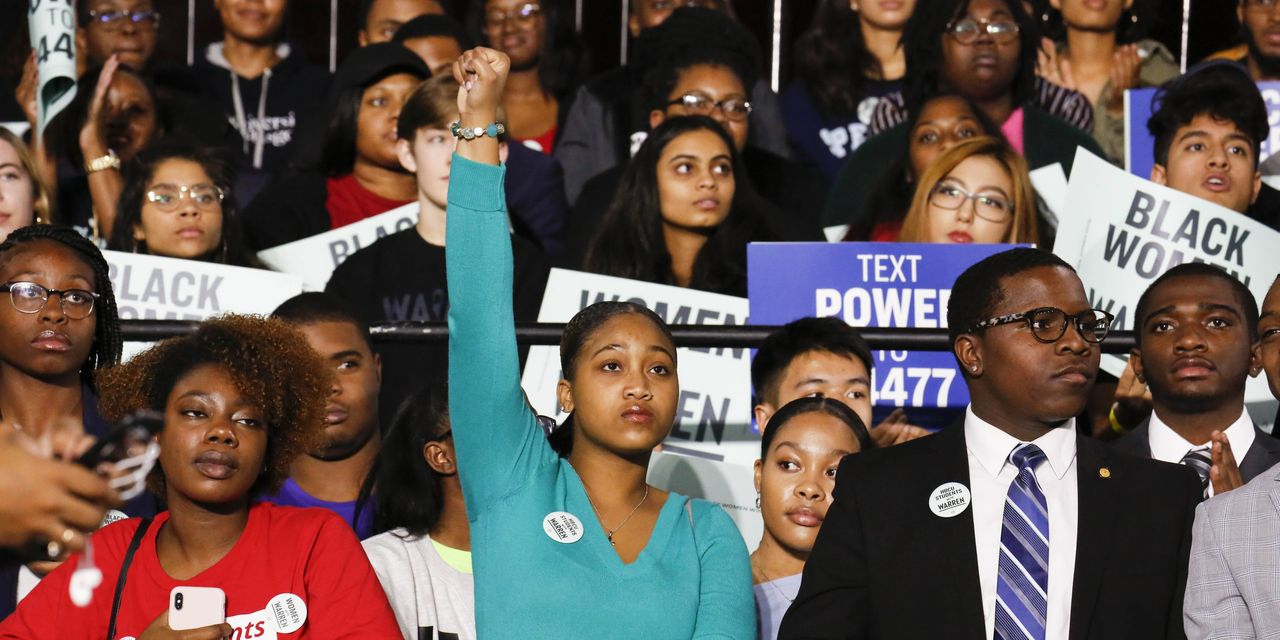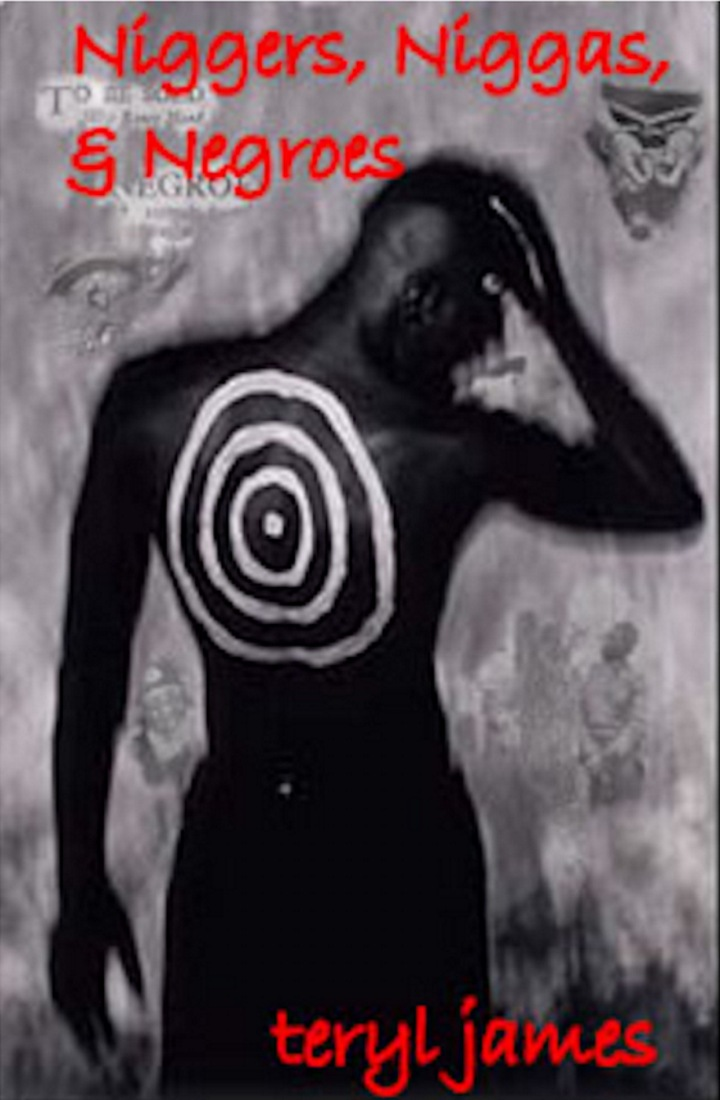Woke Diversity: Just Old Fashioned Tokenism?
Woke Diversity: Just Old Fashioned Tokenism?
Woke Diversity: Just Old Fashioned Tokenism?
In recent years, the buzz around "woke diversity" has reverberated through various sectors of society, including Hollywood, politics, and the corporate sphere. This ostensibly progressive agenda aims to redress historical imbalances by promoting the representation of marginalized groups based on identity markers such as race, gender, and sexual orientation. However, critics argue that this modern push for diversity often reverts to old-fashioned tokenism, a practice that makes only a superficial or symbolic effort toward inclusivity, leaving systemic issues unaddressed. This article explores examples of tokenism across different sectors and critiques the effectiveness of woke diversity in challenging systemic biases.
Hollywood's Token Tales
In Hollywood, the call for diversity often manifests in the casting of characters from diverse backgrounds. However, critics argue that this sometimes amounts to mere tokenism. For instance, movies and TV shows may feature characters of color whose sole purpose is to support white characters or act as representatives of their entire race, without having a narrative of their own. Examples include characters like Token Black from "South Park" and Jodie Landon from "Daria", where their roles serve as a critique of the industry's tokenism[1]. Moreover, Hollywood's approach to diversity has been criticized for often limiting representation to interracial relationships or close proximity to white characters[2][3].
Political Puppetry
Tokenism also permeates the political arena, where individuals from marginalized groups might be showcased to give an appearance of inclusivity, while systemic issues remain unaddressed. A notable example is Joe Biden's promise during the 2020 presidential campaign to nominate a black woman to the Supreme Court, a pledge seen by some as a token gesture to appeal to a broader demographic. Additionally, members of Elizabeth Warren’s campaign reported feeling the need to alter their identities to blend in with the predominantly white staff, reflecting the superficiality of diversity efforts in political circles[4][5].
Business: A Box-Ticking Exercise?
In the corporate realm, tokenism manifests when companies make minimal efforts to appear inclusive, often by hiring a single individual from an underrepresented group to prevent criticism and fulfill diversity quotas. Such practices can lead to a 'check-the-box' mentality, where the focus shifts from creating meaningful change to merely appearing inclusive. The token individuals may also be expected to represent their entire community, thus perpetuating stereotypes and leaving systemic biases unchallenged[6][7][8][9][10].
Conclusion
The modern push for woke diversity, while well-intentioned, risks perpetuating a culture of tokenism if devoid of a sincere commitment to challenge and alter existing power structures. The examples across different sectors highlight the need to move beyond superficial gestures and foster a culture of genuine inclusivity that seeks to dismantle, rather than mask, the systemic roots of discrimination. Through a sincere commitment to equity and inclusivity, it's possible to shift the narrative from performative wokeness to substantive change, heralding a new era of genuine diversity and inclusivity.
.png)





.png)
Comments